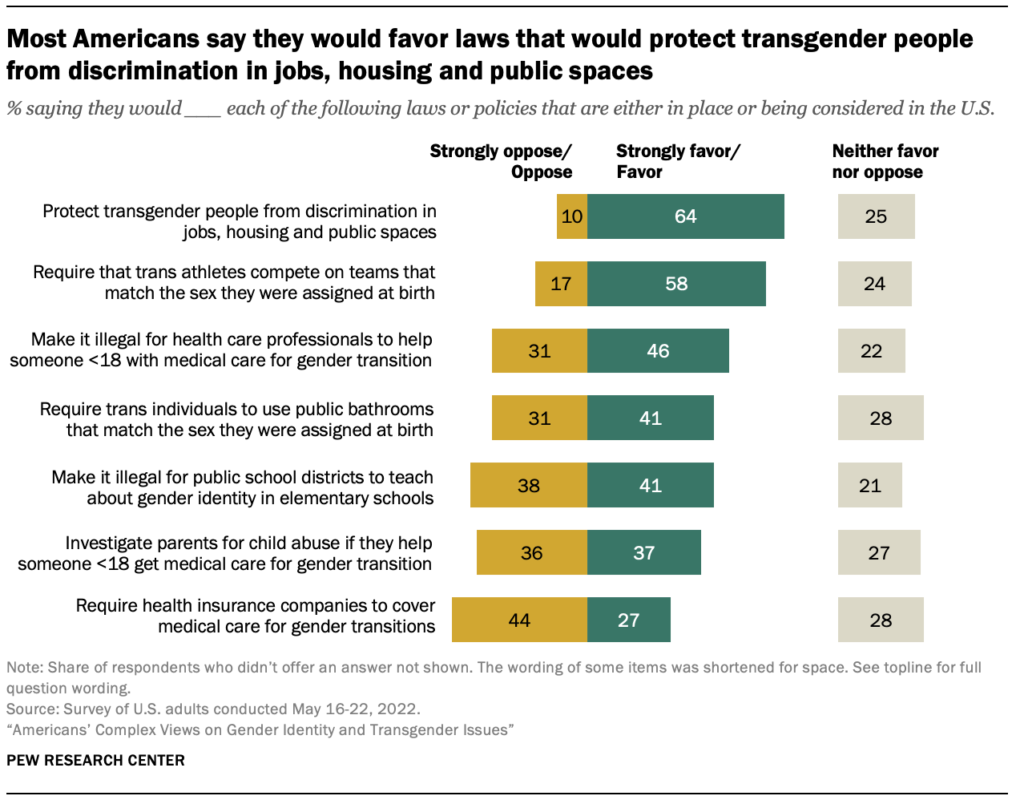
The United States has come a long way in establishing and protecting the rights of LGBTQ+ people. Sweeping civil rights expansion for LGBTQ+ people came when the United States Supreme Court ruled in favor of same-sex marriages in the groundbreaking case of Obergefell v. Hodges on June 26, 2015.
On November 29, 2022 the United States Senate passed legislation to enshrine the Obergefell v. Hodges decision and solidify same-sex marriage across the land. The choice to pass the legislation, seven years after the 2015 ruling, came as conservative Republican politicians at the local, state, and federal level seek to reduce protections for LGBT people and minorities.
Minority rights in the United States have been the focal point of bipartisan politics. A ruling last year by the United States Supreme Court concluded with the overturning of Roe v. Wade. The effects of this ruling were instantaneous. Simultaneously, Supreme Court Justice Clarence Thomas made a dissent to reconsider the Obergefell v. Hodges ruling.
According to the Minority Rights Group International, the rise of authoritarian governments and groups in the world is contributing to violence and discrimination against minority groups. In the United States, mainly local and state Republican politicians have been on the front line against transgender policies. From the Montana House of Representatives voting to censure and discipline transgender Representative Zooey Zephyr, the banning of gender-affirming care for minors in several states, banning transgender women or girls from playing in female school athletics, and Republican politicians have created numerous barriers for transgender people to change their gender on legal documents and identification cards.
These initiatives target the few rights LGBT people have in the United States. Conservative Republicans are going after LGBT rights and culture, even referring to members of the LGBTQ+ as pedophiles who are grooming children. Some states even banned the teaching of or speaking on topics about LGBTQ+ history, while some local and state Republican politicians in Tennessee and Iowa are calling to ban gay marriage. The chart below was provided by the Pew Research Center. Four out of the seven topics have overwhelming support. Yet, the last three topics remain highly contested. They continue to be topics in political discourse. Furthermore, we may see transgender rights and abortion access, or more broadly LGBTQ+ and minority rights, be at the epicenter of the 2024 presidential campaign and debates.
In a room where
people unanimously maintain
a conspiracy of silence,
one word of truth
sounds like a pistol shot.
― Czesław Miłosz
